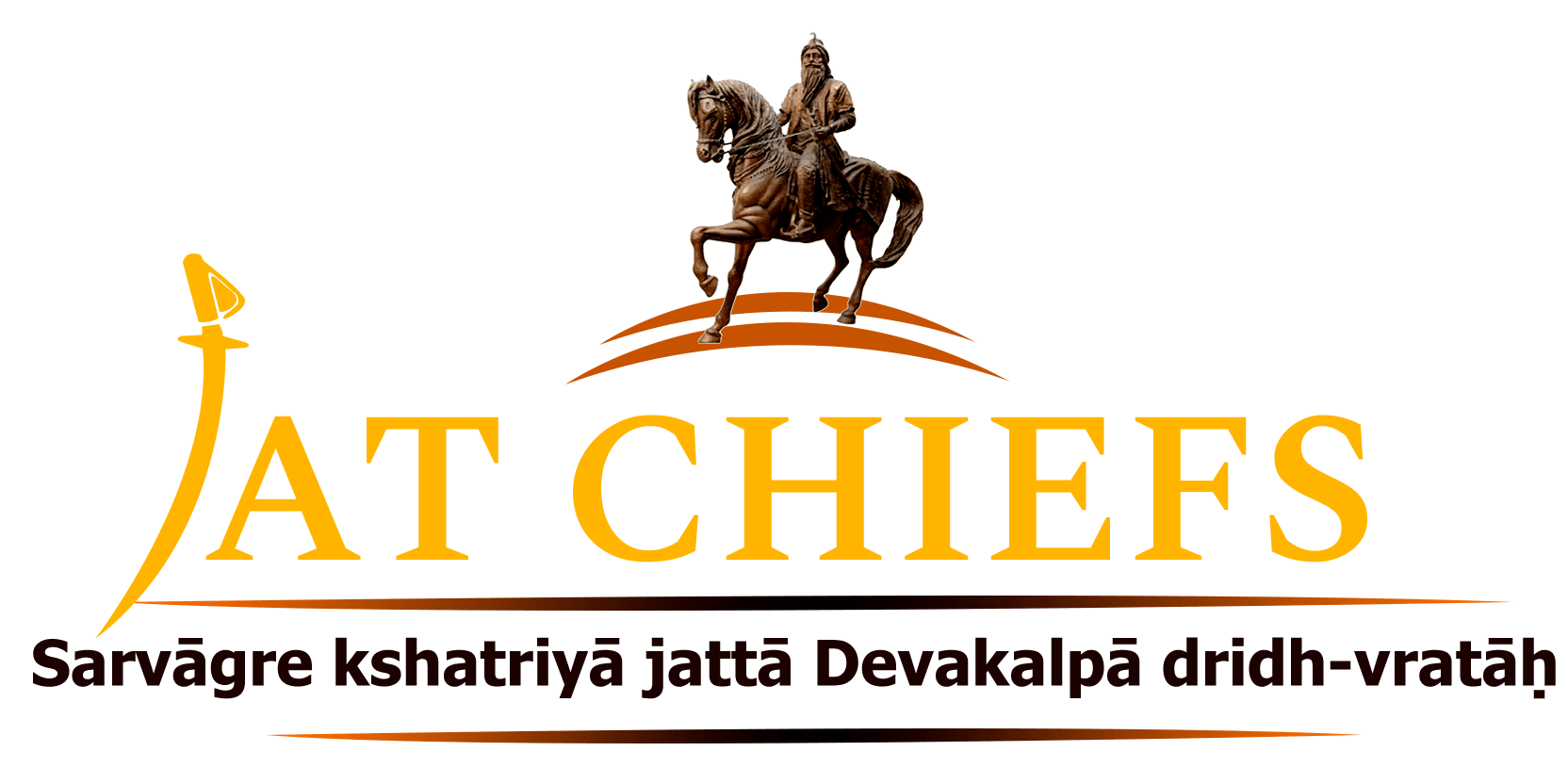Thakur Harnath Singh (1754) was a close associate of Maharaja Suraj Mal of Bharatpur, who took part in peace efforts on or just before 18th May, 1754 and participated in the negotiations with the Bakhshi on behalf of Maharaja SurajMal.He was born into a Hindu Jat family.
Imad and Marathas Fed up in war with Jats
Imad and the Marathas themselves had become “fed up” with, and “felt ashamed” over, undertaking a war which even after all their efforts, had failed to turn in their favour. It had already incurred them huge expenses and all the procurable supplies in the environs. In addition, their encampment in the open, sandy plain of Kumher, with the burning sun on their head and the scarcity of water, food and fodder in their immediate neighbourhood, had reduced them to dire straits,while the impregnability of the enemy forts and the tenacity of their proud defenders ridiculed them even now as before. Besides, the rainy season was close by, which would have rendered military operations impossible in the coming months. It was in this background of helplessness ignored by the scholars that the besiegers also got smell of the proposed counter-offensive. This naturally made them anxious to extricate themselves from the elusive war. At length peace was made on or just before 18th May, 1754. Harnath Singh participated in the negotiations with the Bakhshi. It was settled that Maharaja Suraj Mal would pay Rupees 30 lakhs to the Marathas over the above Rupees two crores, which had been previously imposed by Imad as tribute due from the Jat to the Emperor but was now to be paid to Imad and the Marathas instead. Rup Ram furnished a written bond to the Marathas to pay 30,00,001 in installments in three years. With his cool undaunted courage, masterly defensive strategy and sagacious diplomacy, Suraj Mal succeeded in thwarting the designs of a formidable combination of 80,000 men. This fetched him “high reputation” all over India.75 The revengeful Imad and the extortionate Marathas had left no stone unturned to wipe out his existence, but they utterly failed in their avowed objective. The extortionate hostility displayed by them ran deep into the Jat bosom and duly influenced the Jat policy towards them, both in the succeeding days and also during Panipat.
Reference :-
- The Jats – Their Role in the Mughal Empire/Chapter IX,pp.168-169


